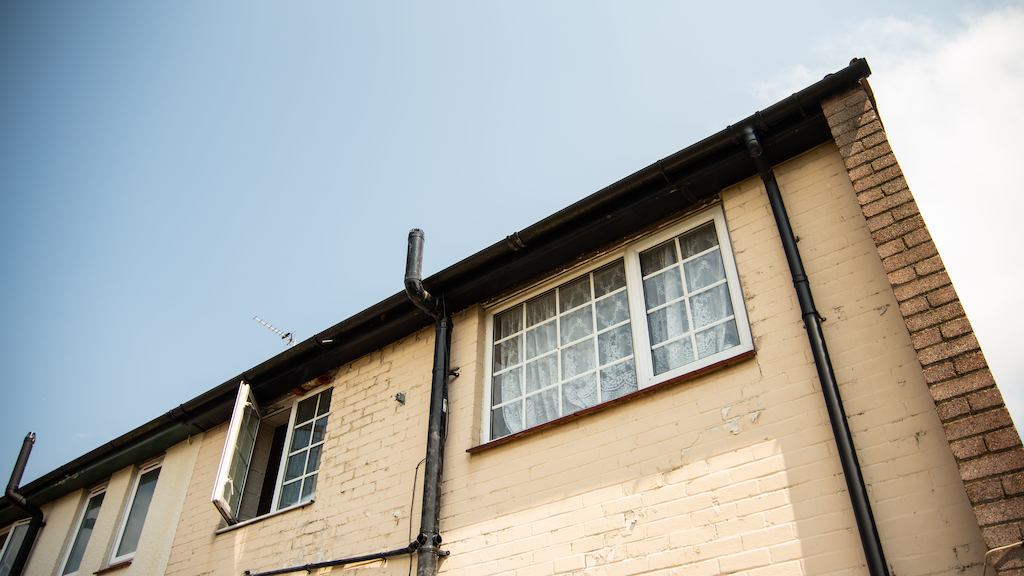Over two million over-55s are living in a home that endangers their health or wellbeing, according to a new report by the Centre for Ageing Better and Care & Repair England. The report into non-decent housing in England found that over 4.3 million homes in England don’t meet basic standards of decency, most commonly because of the presence of a serious hazard to their occupants’ health or safety.
According to the report, households headed by someone over 75 are disproportionately likely to be living in a non-decent home, and the problem has worsened for this age group. Two million households headed by someone over 65 find it difficult to heat their home.
The largest number of non-decent homes is among owner-occupiers, the report found, with many facing financial or practical barriers to maintaining their home. Meanwhile 20% of all homes in the private rented sector are non-decent.
The NHS spends an estimated £513 million on first-year treatment costs alone for over 55s living in the poorest housing. One of the major causes of death and injury amongst older people are falls in the home, while cold homes exacerbate a range of health problems including arthritis, COPD, and asthma, and increase the risk of an acute episode like a stroke or heart attack.
Although the average cost to repair these homes is estimated to be below £3,000, there are no specific policies in place to address non-decency, and previously available funding for low-income homeowners to maintain or repair their homes has been withdrawn.
The Centre for Ageing Better and Care & Repair England, who co-authored the report, are calling on the new government to place this issue at the top of their agenda and act urgently to address the quality of housing stock, which they call a “national scandal”. The people and places most at risk must, they say, be the focus of government housing policy.

